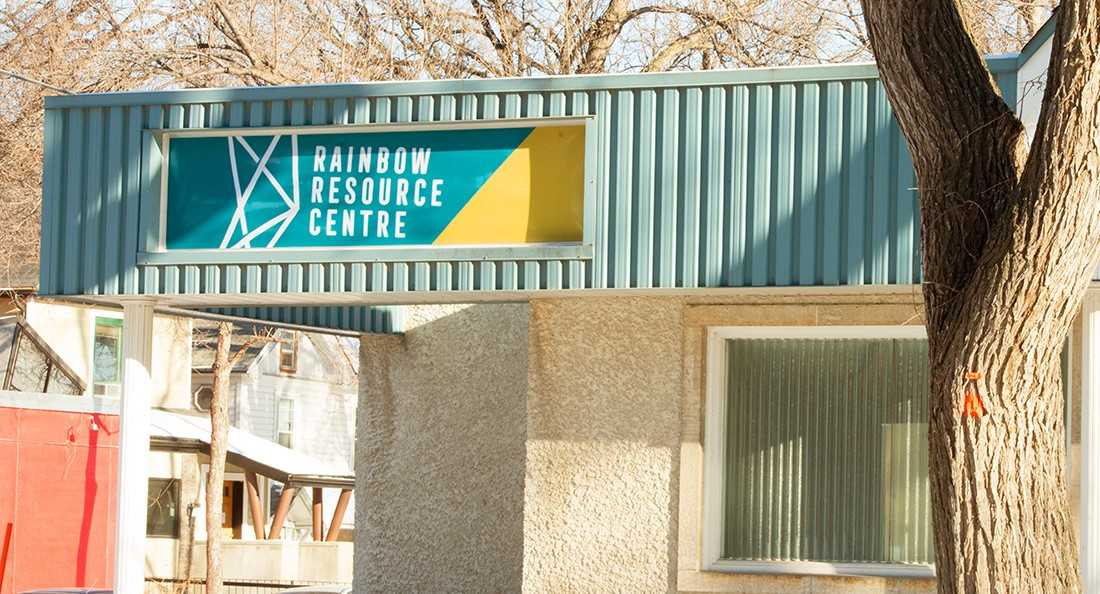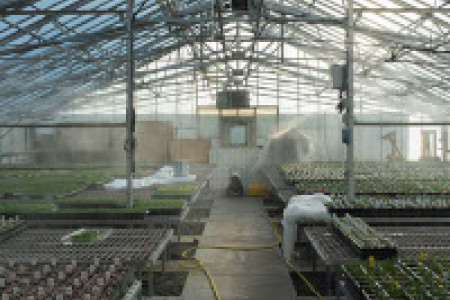Support group for LGBTQ Muslims
Rainbow Resource Centre launches new initiative
Queer Muslims, as members of both the LGBTQ+ and Muslim communities, have unique shared experiences and challenges. The Rainbow Resource Centre hopes to provide a supportive space for members of this community.
Muhammad Ahsan is the education program co-ordinator for the Rainbow Resource Centre, an organization that provides support to the LGBT2SQ+ (lesbian, gay, bisexual, transgender, Two-Spirit and queer+) community. He says he is in a privileged role that allows him to help members of the queer Muslim community with a new initiative.
“It’s a very small project we are working on at the moment. It’s fairly new and we are running it on a trial basis. It’s a small support group for LGBTQ Muslims,” Ahsan says. He adds that the centre is reaching out to LGBTQ-affirming faith groups as part of the process.
“We are in need of spaces that are free from Islamophobia, where we don’t have to be defensive about our religious background, whether we be practicing or non-practicing Muslims,” Rahim Thawer, core team organizer for Salaam Canada, says.
Salaam Canada is an organization dedicated to creating space for the queer Muslim community. Thawer says most organizers with Salaam Canada are in Vancouver and Toronto, but the group hopes to support local initiatives through other organizations across Canada. He adds that this would mainly be through help with communications and the Rainbow Resource Centre’s support group.
Ahsan reiterates Thawer’s emphasis on spaces free of Islamophobia being crucial. He says anti-Islam sentiments exist among some members of the queer community and attributes it to misleading media coverage.
“It’s really important for the world to know that most of the Muslim population does not believe in the extremist ideology,” Ahsan says.
“It’s two folds of marginalization,” he says. Extremist groups, such as ISIS, are targeting members of the queer Muslim community for being queer, whereas in Canada and elsewhere, members of this community are targeted for being Muslim, Ahsan says.
In addition to longstanding concerns, the recent uptick in refugees coming to Manitoba from the United States border motivated the initiative. Ahsan says some of them identify as LGBTQ and Muslim.
“It’s hard for them to find help, resources and facilities that can understand their needs as a queer person as well as a Muslim,” he says.
“I think people are concerned about maintaining ties to their culture, spiritual community and religious community,” Thawer says of members of the queer Muslim community. He adds that some queer Muslims may have negative past experiences and so require supportive spaces for healing.
Ahsan also emphasizes the trauma some members of the queer Muslim community face and adds that some may feel the need to be discreet about their queer identity, especially if they emigrated from countries with anti-queer laws.
Maintaining ties with families of origin and creating new families is another important concern for members of the queer Muslim community, Thawer says.
“The majority of the Canadian population see us either as queer individuals or Muslim, but both of these identities are part of our personalities,” Ahsan says.
Published in Volume 72, Number 13 of The Uniter (January 11, 2018)






